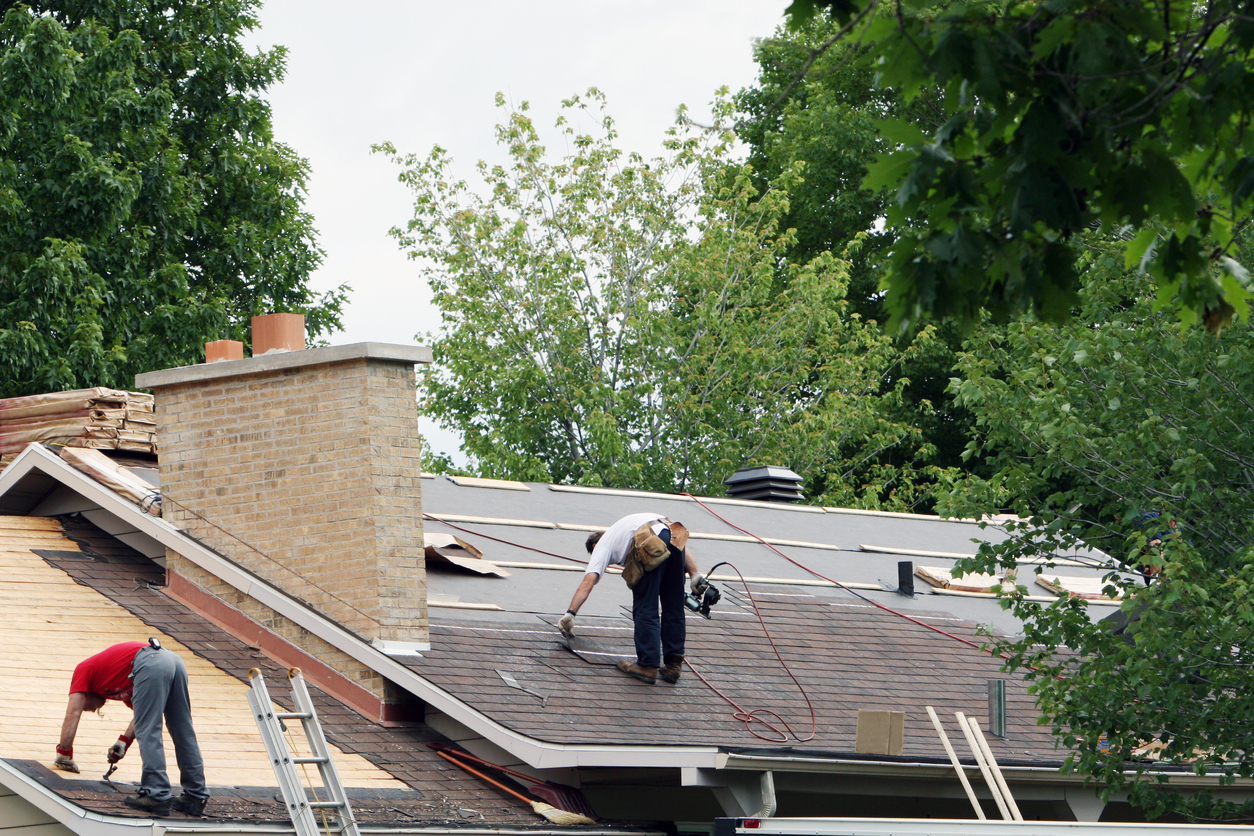In one of my recent blog posts, Interpreting the Plain and Ordinary Meaning of an Ordinance or Law Insurance Provision; What Does it Mean to “Incur” and When Does this Happen, I discussed when a policyholder is deemed to have “incurred” ordinance or law damage necessary to trigger coverage under the provision in their Florida insurance policy.
On January 26, 2021, the 11th Circuit Court of Appeals in CMR Constr. & Roofing, LLC v. Empire Indemnity Insurance Company,1 used the Florida Supreme Court’s interpretation of what it means to “incur” from the Ceballo v. Citizens Property Insurance Corp.,2 opinion to apply it to a case where the policyholder was seeking to recover replacement cost value (“RCV”) for their damaged property.
Instead of looking at an ordinance or law provision, this blog post is looking at a standard replacement cost value provision found in many commercial property insurance policies. The provision looks something like this:
d. We will not pay on a replacement cost basis for any loss or damage:
(1) Until the lost or damaged property is actually repaired or replaced; and
(2) Unless the repairs or replacement are made as soon as reasonably possible after the loss or damage.
Whereas normally a replacement cost value provision and factual analysis would be looked at in conjunction with applicable case law and Florida Statute 627.7011, this blog will focus on Florida commercial property insurance policies, such as a surplus lines commercial property insurance policy. Florida Statute 627.7011 applies only to residential homeowners insurance policies, and not commercial property insurance policies such as a surplus-lines insurance policy.3 Because there is not a comparative Florida statute related to commercial property insurance policies that deals expressly with RCV payments, the analysis will require a look at the available Florida case law.
The issue then becomes, when is a commercial property insurance policyholder able to recoup its rightfully owed RCV insurance benefits under the abovementioned provision? If the damages are extensive and spread across a large property, will they not be able to recover RCV damages until the entire property as a whole is fully repaired? What does it mean exactly when the policy provision states that the insurer will not pay on a replacement cost basis until the damaged property is “actually repaired or replaced”?
While the Ceballo court did not deal specifically with this type of replacement cost value provision, there was mention of similar provisions towards the end of the Ceballo court’s discussion. There, the court compares the ordinance or law “incur” issue to the insurance company’s liability for replacement cost value damages in Langhorne v. Fireman’s Fund Insurance Company.4 The court stated:
Instructively, the United States District Court in and for the Northern District of Florida in Langhorne v. Fireman’s Fund Insurance Co., 432 F.Supp.2d 1274 (N.D.Fla.2006), has considered the issue before us and explained that “because to date plaintiff has not ‘actually expended’ any amount to repair, rebuild, or replace his dwelling, defendant has no obligation to pay him under the [Extended Replacement Cost Coverage] endorsement” that provided coverage of up to an additional 100% of the face value of the policy. Id. at 1279. Similarly, in the present case, the Third District ruled that Citizens has written the policy to require the insured to incur the loss before receiving additional payments under the supplemental law and ordinance coverage.5
This section of Ceballo paved the road for future analysis regarding a commercial property insurance policyholder “incurring” replacement cost value damages in Florida. The CMR Constr. opinion, entered in January 2021, is one of the cases to tackle the issue using Ceballo.
In CMR Constr. and Roofing, LLC v. Empire Indemnity Insurance Company, the 11th Circuit dealt with a commercial property insurance plaintiff’s claim for replacement cost value damages.6 The plaintiff insured had not begun repairs before making the claim for RCV, however, once litigation commenced, the plaintiff’s interrogatory answers indicated that it had made “temporary repairs.”
What is important in this case, is the fact that the CMR Const. court used the analysis in Ceballo of “incur” to the application of replacement cost value damages. Specifically, the court stated:
The insurance policy provides that a claim for replacement cost value will not be paid ‘[u]ntil the lost or damaged property is actually repaired or replaced’ and ‘[u]nless the repairs or replacement are made as soon as reasonably possible after the loss or damage.’ That ‘until and unless’ provision is plain and unambiguous. It means that Empire was not obligated to pay CMR the replacement cost value until CMR had actually made the repairs and incurred the costs of doing so. See Ceballo v. Citizens Prop. Ins. Corp., 967 So. 2d 811, 815 (Fla. 2007) (‘[C]ourts have almost uniformly held that an insurance company’s liability for replacement cost does not arise until the repair or replacement has been completed.’) (quoting State Farm Fire & Cas. Co. v. Patrick, 647 So. 2d 983 (Fla. 3d DCA 1994)).
Empire could not have breached the insurance policy based on the replacement cost value because the ‘until and unless’ provision had not been satisfied. CMR’s interrogatory answers state that it has made only temporary repairs, not that it has completed the repairs to all of the damage caused by Hurricane Irma.
Empire could not have breached by not paying CMR’s estimated replacement cost value because CMR had not made any repairs covered by the policy; and certainly not the millions of dollars’ worth that CMR’s estimate lists and that CMR seeks in this lawsuit.
Thus, the important points presented in the cited opinion are: (1) Courts are reluctant to determine these provisions to be ambiguous. The court in CMR Constr. stated the “until and unless” language was plain and unambiguous. (2) There is now support for the idea that a commercial property insurance policyholder may be able to recover RCV damages as they are making repairs. The court explained that Empire was not obligated to pay CMR the replacement cost value until CMR had actually made the repairs and incurred the costs of doing so, which leads one to believe that commencing and making tangible progress on repairs and/or replacements of covered and damaged property may be sufficient to trigger the RCV provision, entitling the commercial property insurance policyholder to owed RCV benefits at that time.
As with every property insurance claim, the facts and circumstances of the case will ultimately control which way a court will rule on such an issue. If a commercial property insurance policyholder is able to show they have incurred these costs, (for example, through evidence of signed contracts with repair contractors and payments made to said contractors on behalf of the policyholder), a court may allow the policyholder to recover the RCV damages as long as they are deemed to be incurred. As seen in CMR Constr., however, the showing that the commercial property insurance policyholder has only made “temporary repairs” thus far, might not be enough to trigger the coverage at that point in time.
___________________________________________________
1 CMR Constr. and Roofing, LLC v. Empire Indem. Ins. Co., 20-11524, 2021 WL 246201 (11th Cir. Jan. 26, 2021).
2 Ceballo v. Citizens Property Ins. Corp., 967 So.2d 811 (Fla. 2007) .
3 Essex Ins. Co. v. Zota, 985 So. 2d 1036, 1041 (Fla. 2008).
4 Langhorne v. Fireman’s Fund Ins. Co., 432 F.Supp.2d 1274 (N.D.Fla.2006).
5 Ceballo, 967 So.2d at 815.
6 CMR Constr., 2021 WL 246201, at *2. (The insured had assigned its rights to the construction company).




